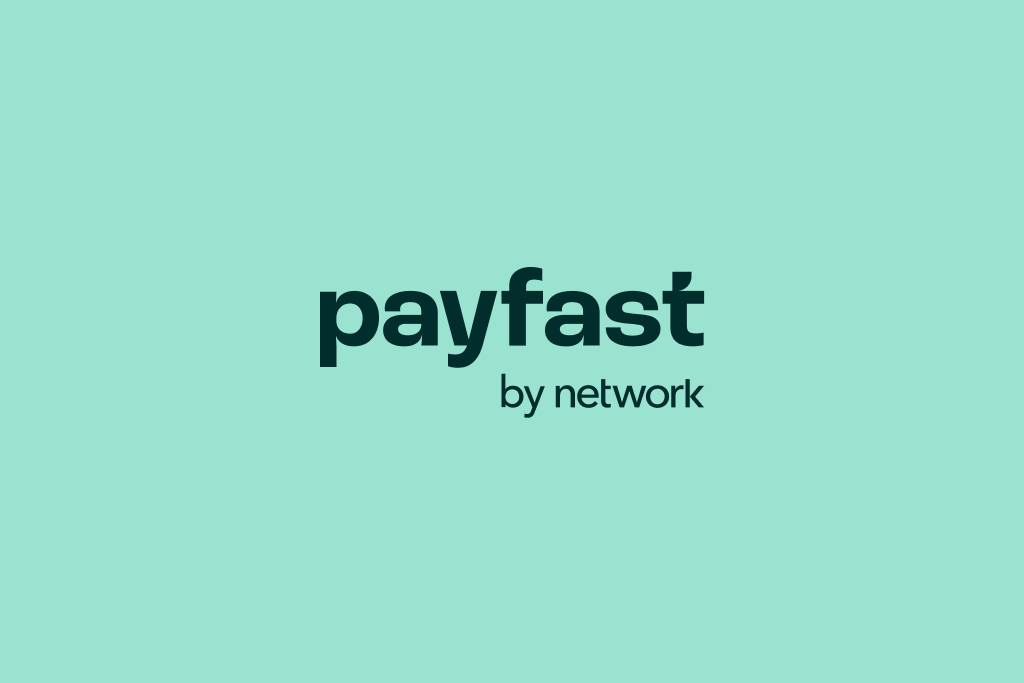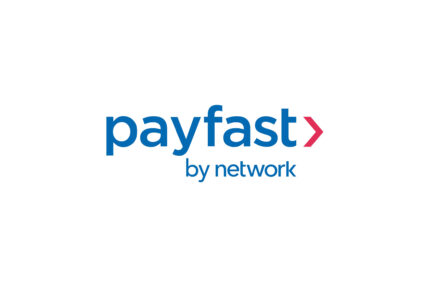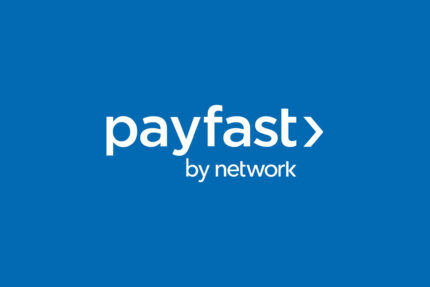By David Adams, Chief Commercial Officer at Payfast
South Africa’s ecommerce industry has entered a new era – where the only way to continue growing is to open up the digital economy to those who were previously excluded. Commerce used to be a fairly closed interaction between an end-consumer and a merchant or bank – with the rise of technology geared towards fostering financial inclusion, this is changing fast.
A key trend heading into 2024 is the growth of open commerce – one of the core building blocks of financial inclusion. From education around the concept to innovations in how it is going to be rolled out in the real world, there are a number of things to look forward to.
The fundamental pillar of open commerce is system interoperability, which requires all players in the payment and financial ecosystem to work together. Control is shifted to the end-consumer, who needs to consent to their data being shared with trusted partners. Merchants need to play their role by embracing new technology and choosing to work with partners – whether payment gateways or banks – who can deliver on and leverage the benefits of open commerce.
In November 2023, Payfast released a comprehensive industry report unpacking the country’s State of Pay. As part of the report, we conducted a survey with our merchant base to better understand sentiment towards the concept of open commerce and how local businesses are implementing financial inclusion initiatives. While 49% saw open commerce as an opportunity to grow their business, 56% believe it is too early to say what kind of impact it will have on their organisation.
One of the key issues that open commerce aims to solve is the limitation of an organisation’s physical reach – figuring out how to bring someone into the digital ecosystem when they are 300kms from a physical branch. The answer is obvious – technology. With significantly high levels of mobile phone penetration, and increased accessibility of data and connectivity, the majority of consumers and merchants are able to get online. We as an industry need to evolve to deliver the right software-based solutions, that leverage these ‘digital access points’ to enable the end-consumer in a spaza shop to access the same financial products as someone who walks into a bank in the city.
Open commerce technology and solutions aim to remove friction and make transactions more seamless, through the intentional and consensual sharing of data and information between multiple channels and players in the commerce ecosystem. A good example of innovation in this space is embedded finance, which allows the integration of financial services, like lending or insurance, into the customer journey – without the need to redirect to a financial institution.
To enable this, merchants need to stop thinking of use cases as singular. For example, when a consumer purchases a big-ticket item like a fridge – they don’t just want the product, they also want to pick up the insurance and a tradesman to do the plumbing, all as part of a single journey. This is only possible through open commerce – and it’s a huge opportunity to diversify and accrue incremental revenue. The scale of the journey depends on how you craft your ecosystem, and who you partner with.
Our advice to merchants is simple: don’t steer away from change – drive headfirst into it. If you wait too long to incorporate open commerce into your strategy, your business is going to be playing catch up while those who planned ahead reap the benefits. While it may seem like a far-off concept, the reality is that it’s already being pushed forward by innovators like Capitec Bank, who introduced an open banking payment method in early 2023 that has already seen significant uptake.
No organisation can solve for open commerce or financial inclusion in isolation, nor should they try or want to. It’s not about who can get there first – it’s about how we can get there together. Everyone needs to diversify their role and contribution and be willing to share both the workload and the benefits. We must explore bolder, more innovative strategies to drive growth across the system.




